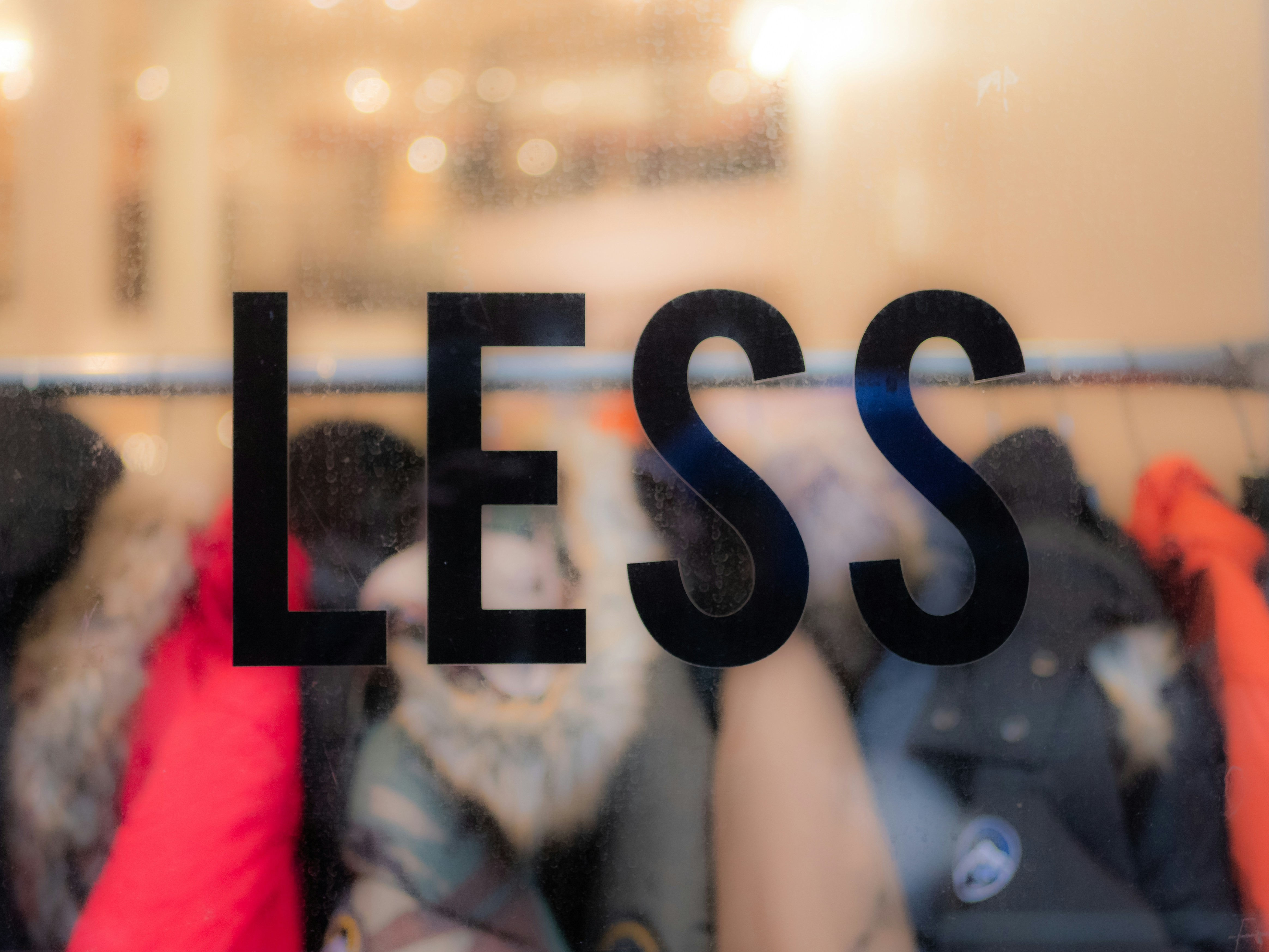"Unmasking the Social Dynamics of Mask-Wearing in the Pandemic Era"
In the face of an unprecedented global health crisis, the humble face mask has emerged as a potent symbol of our times. But beyond its practical role in curbing the spread of a deadly virus, what does the mask reveal about our society, our values, and our identities? Read below as we delve into the sociological implications of this ubiquitous accessory.

The Mask as a Social Artifact
Historically, masks have held a significant place in human societies, often associated with rituals, performances, and celebrations. However, the COVID-19 pandemic has transformed the mask into a ubiquitous symbol of public health and safety. This shift has not been without controversy, as debates around mask-wearing have become entangled with political ideologies, personal freedoms, and social responsibility.
The Mask and Identity
In the context of the pandemic, the mask has become a marker of identity. It signifies our collective identity as members of a global community grappling with a shared crisis. At the same time, it also reflects individual identities, as people express their personal style, political beliefs, or social affiliations through their choice of mask.
The Mask and Social Behavior
The mask has also influenced social behaviors. It has redefined norms of personal space and non-verbal communication, as we navigate social interactions with half-covered faces. Moreover, it has highlighted the tension between individual rights and collective responsibility, a fundamental issue in social psychology.
The Mask and Cultural Shifts
Culturally, the mask has sparked a shift in our perceptions of health and hygiene. It has also triggered a reevaluation of societal values, as we grapple with the ethical implications of mask-wearing. Furthermore, it has inspired artistic and creative expressions, from mask fashion to pandemic-themed art and literature.
The Mask and Its Future Implications
As we move forward, the mask will continue to shape our social landscape. It may become a permanent fixture in our lives, influencing future norms, behaviors, and cultural trends. Alternatively, it may fade away, leaving behind a legacy of a time when humanity faced a common enemy. Either way, the mask serves as a powerful reminder of our interconnectedness and our shared responsibility towards each other.
In conclusion, the mask is more than a piece of cloth. It is a social artifact, a marker of identity, a driver of behavior, a catalyst for cultural shifts, and a symbol of our times. As we continue to navigate the pandemic, it is crucial to understand these sociological implications, for they offer valuable insights into our society, our values, and ourselves.





